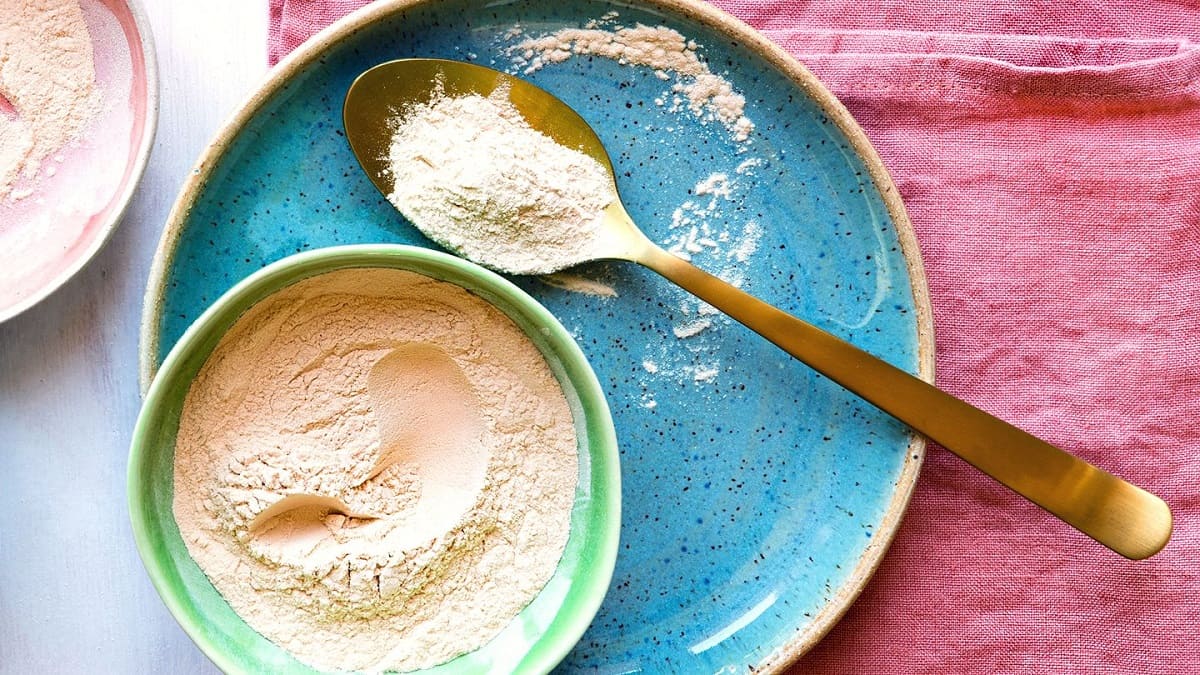

Articles
How To Store Collagen Powder
Modified: December 7, 2023
Discover the best ways to store collagen powder to maximize its freshness and effectiveness. Read our informative articles for helpful tips and tricks.
(Many of the links in this article redirect to a specific reviewed product. Your purchase of these products through affiliate links helps to generate commission for Storables.com, at no extra cost. Learn more)
Introduction
Welcome to the world of collagen powder! Collagen has gained much popularity in recent years due to its potential health benefits for the skin, hair, nails, and joints. Many individuals incorporate collagen powder into their daily routine to support their overall well-being.
But once you have purchased your collagen powder, how do you ensure its quality and potency over time? Proper storage is crucial to maintain the integrity and effectiveness of the powder. In this article, we will guide you on how to store collagen powder correctly to maximize its benefits.
When it comes to storing collagen powder, there are a few key factors to consider. These include the type of container, the storage location, exposure to moisture and sunlight, temperature stability, shelf life, and prevention of contamination. By following these guidelines, you can extend the shelf life of your collagen powder and ensure that it remains fresh and potent.
Now, let’s delve into the details of each aspect of collagen powder storage.
Key Takeaways:
- Proper storage of collagen powder is crucial for maintaining its quality and effectiveness. Select the right container, keep it in a dry place away from sunlight, and be mindful of expiration dates to maximize its benefits.
- Prevent contamination by handling collagen powder with clean, dry hands, using designated utensils, and storing it away from strong odors. Following these storage practices ensures the powder remains fresh and potent for your well-being.
Read more: How To Store Powder Detergent
Understanding Collagen Powder
Before diving into the intricacies of collagen powder storage, it is essential to understand what collagen powder is and why it is such a sought-after supplement. Collagen is a protein that plays a vital role in the structure, strength, and elasticity of our skin, bones, tendons, and ligaments.
Collagen powder is typically derived from animal sources, such as bovine or marine collagen, and is processed into a fine powder form. It is easily digestible and can be conveniently incorporated into various recipes or consumed as a standalone supplement.
Collagen powder is known for its high amino acid content, particularly glycine, proline, and hydroxyproline. These amino acids are crucial for collagen synthesis, promoting healthy skin, reducing joint pain, and supporting overall body function.
As collagen powder is a dietary supplement, it is essential to choose a reputable brand that sources its collagen from high-quality, ethically-raised animals. Look for products that are third-party tested to ensure purity and potency. This will ensure that you are getting the maximum benefits from your collagen powder.
Now that we have a good grasp on the basics of collagen powder, let’s explore the best practices for storing it to preserve its effectiveness.
Selecting the Right Container
When it comes to storing collagen powder, selecting the right container is crucial. The container you choose should be airtight, opaque, and made of a material that does not react with the powder.
Opt for containers made of glass or food-grade plastic that have a secure lid. Avoid using containers that are made of metal or have a metal lining, as metal can interact with the powder and compromise its quality.
Opaque containers are preferred because they help block out light, which can degrade the collagen powder. Clear containers, on the other hand, allow sunlight to penetrate, leading to a loss of potency over time.
Ensure that the container you choose is of an appropriate size to hold the collagen powder without excess air space. Excess air can lead to moisture buildup, which can affect the quality of the powder. A container with a smaller opening also helps minimize air exposure when opening and closing the container.
Additionally, it is important to label the container with the date of purchase or expiration date if available. This helps you keep track of the shelf life and ensures that you consume the collagen powder within its recommended time frame.
By selecting the right container, you can protect the collagen powder from external factors that can compromise its quality and effectiveness.
Storing Collagen Powder in a Dry Place
One of the fundamental aspects of collagen powder storage is keeping it in a dry place. Moisture is the enemy when it comes to preserving the quality and potency of collagen powder. Exposure to moisture can lead to clumping, degradation, and the growth of bacteria or mold.
Ensure that the storage area where you keep your collagen powder is free from humidity or moisture. Avoid storing it in areas such as the bathroom or near the kitchen sink, where moisture levels tend to be higher. Instead, choose a cool, dry place in your pantry or kitchen cabinet.
If you live in a particularly humid climate or during the summer months, consider using moisture-absorbing packets or desiccants in the container. These packets help to absorb excess moisture and maintain the powder’s integrity. Make sure to replace them regularly, as they can become saturated over time.
It is also important to avoid placing a wet spoon or scoop into the collagen powder container. This can introduce moisture into the powder, leading to clumping and compromised quality. Instead, use a clean, dry utensil to measure out the desired amount of collagen powder.
By storing your collagen powder in a dry environment and taking precautions to prevent moisture exposure, you can ensure that the powder remains in optimal condition for longer.
Protecting Collagen Powder from Moisture
In addition to storing collagen powder in a dry place, it is crucial to take extra steps to protect it from moisture. Even a small amount of moisture can lead to clumping, spoilage, and a diminished shelf life.
One effective way to safeguard collagen powder from moisture is by using moisture-absorbing packets or silica gel packs. These packets are commonly found in various products and are designed to absorb excess moisture in the surrounding environment. Place a few of these packets inside the container of collagen powder to help maintain its dryness.
Another tip is to avoid touching the powder with wet hands or condensation on the container. This can introduce moisture into the powder, leading to clumping and degradation. Ensure that your hands are completely dry before handling the collagen powder container.
If you notice any signs of moisture, such as clumps or a sticky texture, it is essential to discard the affected powder. Using contaminated collagen powder can lead to the ingestion of harmful bacteria or mold, which can pose health risks.
In addition to using moisture-absorbing packets, you can also consider using a food-safe silica gel packet or a food-grade desiccant as an extra precaution. These products are specifically designed to maintain a dry environment and can be a valuable tool in preserving the quality of your collagen powder.
By protecting your collagen powder from moisture, you can ensure that it remains fresh, free from clumps, and potent for an extended period.
Read more: How To Store Gun Powder
Avoiding Exposure to Sunlight
When it comes to storing collagen powder, it’s important to keep it away from direct sunlight. Sunlight contains ultraviolet (UV) rays that can degrade the quality and effectiveness of the powder over time.
Exposure to sunlight can lead to oxidation, which can cause the collagen powder to lose its potency and nutritional value. UV rays can also break down the molecular structure of collagen, rendering it less effective in supporting skin health, joint function, and overall well-being.
To prevent sunlight exposure, store your collagen powder in an opaque container that blocks out light. Avoid using clear or translucent containers as they allow sunlight to penetrate and impact the quality of the powder. If the collagen powder is packaged in a transparent container, consider transferring it to an airtight, light-blocking container for long-term storage.
Choose a storage location that is away from windows or any other areas where the container may be exposed to direct sunlight. Keep in mind that even indirect sunlight can still have an effect on the collagen powder, so it’s important to be mindful of the storage environment.
If you’re using collagen powder as part of a daily routine, it’s recommended to measure out the desired amount and promptly reseal the container to minimize light exposure. This way, you can ensure the longevity and effectiveness of the remaining powder.
By avoiding exposure to sunlight and storing collagen powder in a light-blocking container, you can help maintain its quality and ensure that it remains potent for a longer period of time.
Store collagen powder in an airtight container away from direct sunlight and moisture. Keep it in a cool, dry place, such as a pantry or cupboard, to maintain its quality and effectiveness.
Maintaining a Stable Temperature
Temperature plays a significant role in preserving the quality and efficacy of collagen powder. Fluctuations in temperature can cause the powder to degrade and lose its beneficial properties. Therefore, it is important to store collagen powder in a place with a stable temperature.
Extreme temperatures, both hot and cold, can have a detrimental effect on the collagen powder. High temperatures can lead to the breakdown of proteins, while freezing temperatures can cause moisture to accumulate and result in clumping.
It is best to store collagen powder at room temperature, ideally between 68°F (20°C) and 77°F (25°C). Avoid storing it in areas that are directly exposed to heat sources, such as stoves, ovens, or radiators, as this can elevate the temperature and compromise the powder’s quality.
Additionally, avoid storing collagen powder in the refrigerator. While it may seem like a logical place to keep it, refrigeration can introduce moisture and cause clumping, reducing the powder’s effectiveness.
If you live in an area with extreme temperatures, such as a hot and humid climate or freezing winter temperatures, it is recommended to store the collagen powder in a temperature-controlled environment, such as a climate-controlled pantry or cupboard.
It’s also crucial to avoid sudden temperature changes, as this can lead to condensation on the powder and compromise its quality. For example, if you store the collagen powder in the refrigerator and remove it to a warm environment, moisture can form on the surface, leading to clumping and spoilage.
By maintaining a stable temperature and avoiding drastic shifts, you can preserve the quality and effectiveness of the collagen powder, ensuring maximum benefits for your health and well-being.
Checking Shelf Life and Expiration Dates
When it comes to storing collagen powder, it is important to be mindful of its shelf life and expiration dates. Checking these dates ensures that you consume the collagen powder before it loses its potency and effectiveness.
Most collagen powders come with a recommended shelf life, which indicates the period in which the powder maintains its quality under proper storage conditions. Typically, collagen powder has a shelf life of 1 to 2 years. However, the exact shelf life may vary depending on the brand and manufacturing process.
Before purchasing collagen powder, always check the expiration date printed on the packaging. This ensures that the powder is within its valid period and will provide the desired benefits. Using collagen powder past its expiration date may result in reduced potency, taste, and quality, and may even pose health risks.
Once you have opened the collagen powder, the shelf life may be shortened. Some products have an “opened by” date, indicating the recommended time frame for consuming the powder after it has been opened. This information is crucial for maintaining the potency and effectiveness of the collagen powder.
When storing collagen powder, make sure to keep track of the purchase date and regularly check the product for any changes in smell, taste, or texture. If you notice any signs of spoilage, such as an off-putting odor or clumping, it is best to discard the powder even if it is within the expiration date.
It is worth noting that collagen powder stored in ideal conditions (cool, dry, and away from light) may still remain usable beyond the printed expiration date if there are no signs of spoilage. However, for optimal freshness and effectiveness, it is advisable to adhere to the expiration date guidelines provided by the manufacturer.
By checking the shelf life and expiration dates of your collagen powder, you can ensure that you are consuming the product at its peak potency, maximizing its benefits for your skin, hair, nails, and joints.
Preventing Contamination
Ensuring that your collagen powder remains free from contamination is crucial for maintaining its quality and safety. Contamination can occur through various means, such as improper handling, exposure to air, introduction of foreign substances, or cross-contamination from other food items.
To prevent contamination, it is important to follow these guidelines:
1. Cleanliness: Before handling collagen powder, ensure that your hands are clean and dry. Avoid touching the powder with wet hands, as moisture can introduce bacteria or mold into the container.
2. Airtight Packaging: Store collagen powder in an airtight container to minimize exposure to air. This reduces the risk of moisture absorption and helps maintain the powder’s quality and integrity.
3. Avoid Scooping with the Container: To prevent cross-contamination, avoid scooping collagen powder directly from the container with a utensil that has come into contact with other food items. Instead, use a clean and dry utensil specifically designated for the collagen powder.
4. Keep Out of Reach: Store collagen powder in a location that is out of reach of children and pets. This helps prevent accidental contamination and ingestion.
5. Sanitize Storage Containers: If you need to transfer collagen powder to a different container, ensure that it is thoroughly cleaned and sanitized beforehand to prevent any potential cross-contamination.
6. Avoid Contaminating the Seal: Take care not to touch the inside of the container’s lid or the sealing area with your fingers or any other objects. This helps maintain the integrity of the seal and prevents the introduction of contaminants.
7. No Double-Dipping: It is important to avoid double-dipping or repeatedly touching the collagen powder with the same utensil. This can introduce bacteria or other contaminants into the container.
8. Storage Separation: Keep collagen powder separate from other food items that may have strong odors or flavors. Collagen powder can easily absorb odors, compromising its taste and quality.
By following these preventive measures, you can minimize the risk of contamination and ensure that your collagen powder remains safe, pure, and of the highest quality.
Read more: How To Store Turmeric Powder
Other Tips for Proper Collagen Powder Storage
In addition to the previously mentioned guidelines, here are some additional tips for proper collagen powder storage:
1. Maintain Organization: Keep your collagen powder container well-organized and easily accessible. This makes it convenient to use and decreases the chances of misplacing or forgetting about it.
2. Avoid Humid Environments: Moisture is collagen powder’s biggest enemy, so it’s crucial to keep the container away from areas with high humidity, such as the bathroom or near the dishwasher.
3. Do Not Transfer to Unlabeled Containers: While it may be tempting to transfer your collagen powder to a more convenient container, it’s important to ensure that the new container is properly labeled with the expiration date, batch number, and any other important information provided by the manufacturer.
4. Refrain from Repackaging: Unless necessary, it is typically recommended to keep collagen powder in its original packaging. The packaging is designed to protect the powder from external elements and maintain its quality. Repackaging can increase the risk of contamination and expose the powder to air and moisture.
5. Be Conscious of Infrequent Use: If you do not consume collagen powder regularly or use it intermittently, it’s crucial to pay attention to its shelf life and storage conditions. Opt for smaller containers or individual packets of collagen powder to minimize the exposure to air and maintain freshness between uses.
6. Store Away from Strong Odors: Collagen powder can easily absorb strong odors from its surroundings. Keep it away from storage areas with strong-smelling items like spices, onions, or cleaning chemicals.
7. Seek Professional Guidance: If you have any specific concerns or questions about storing collagen powder, it is always best to consult the manufacturer’s guidelines or professional healthcare providers. They can provide specific recommendations based on the brand and formulation of your collagen powder.
By following these additional tips, you can ensure that your collagen powder remains fresh, potent, and ready to support your overall health and wellness.
Conclusion
Proper storage of collagen powder is essential for maintaining its quality, potency, and effectiveness. By following the guidelines outlined in this article, you can ensure that your collagen powder remains fresh and delivers the desired benefits for your skin, hair, nails, and joints.
Start by selecting the right container, opting for an airtight, opaque, and non-reactive material. This helps protect the powder from exposure to air, moisture, and light, which can degrade its quality over time.
Store your collagen powder in a dry place away from humid areas and direct sunlight. Moisture and UV rays can compromise the effectiveness and nutritional value of the powder.
Maintaining a stable temperature, preferably at room temperature, is important to prevent clumping, oxidation, and moisture accumulation. Avoid sudden temperature changes and refrigeration, as they can introduce moisture and affect the powder’s quality.
Always check the shelf life and expiration dates of your collagen powder. Adhere to the recommended time frame to ensure maximum potency and safety.
To prevent contamination, handle the powder with clean, dry hands, use designated utensils, and avoid cross-contamination. Keep the container sealed and store it away from strong odors or potential sources of contamination.
By implementing these storage practices and keeping your collagen powder in optimal condition, you can enjoy the full benefits of this supplement and support your overall wellness.
Remember, proper storage is key to preserving the quality of your collagen powder and maximizing its potential benefits. By taking the necessary steps outlined in this article, you can ensure that your collagen powder remains fresh, potent, and ready to enhance your well-being.
Frequently Asked Questions about How To Store Collagen Powder
Was this page helpful?
At Storables.com, we guarantee accurate and reliable information. Our content, validated by Expert Board Contributors, is crafted following stringent Editorial Policies. We're committed to providing you with well-researched, expert-backed insights for all your informational needs.
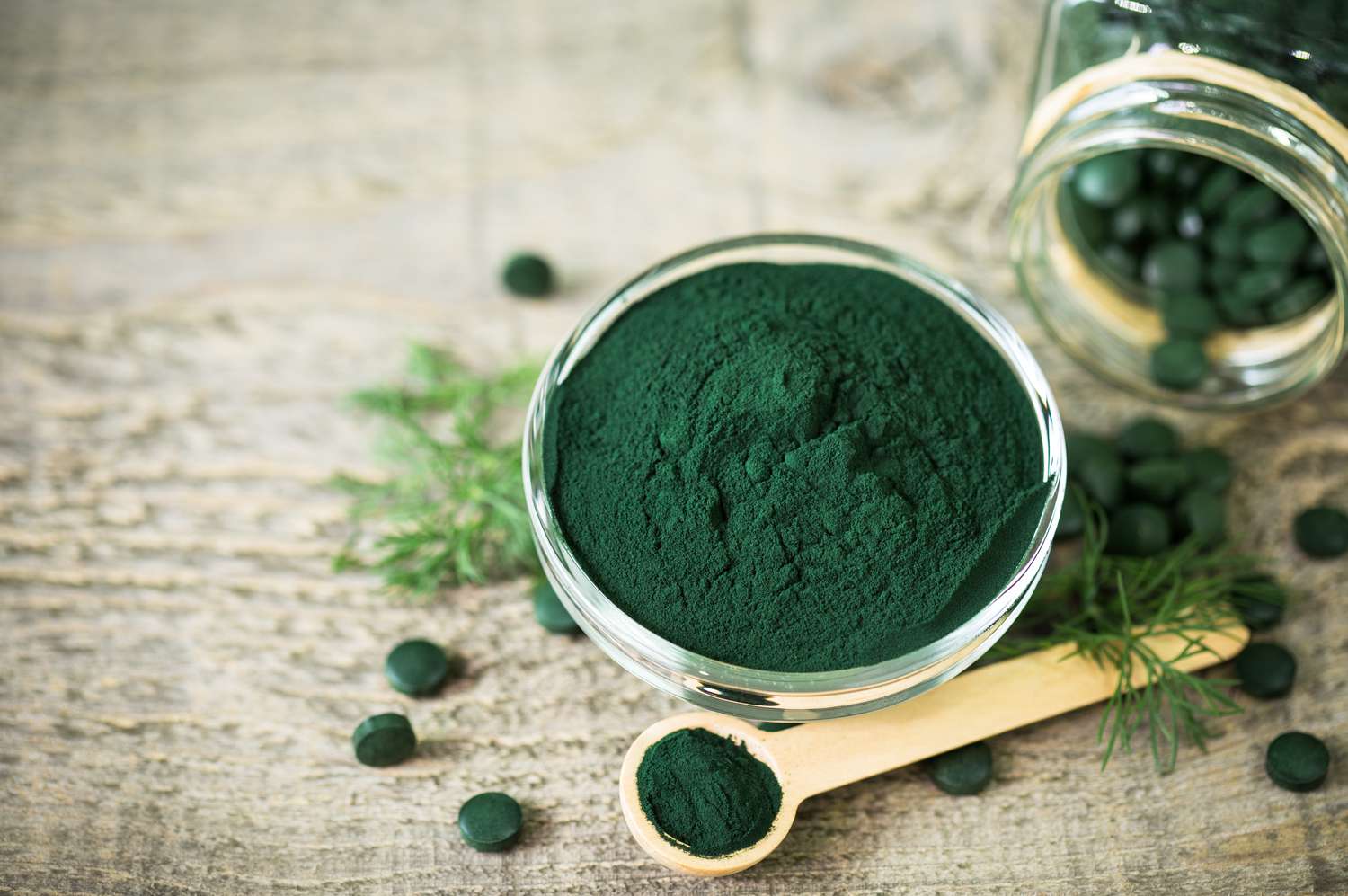
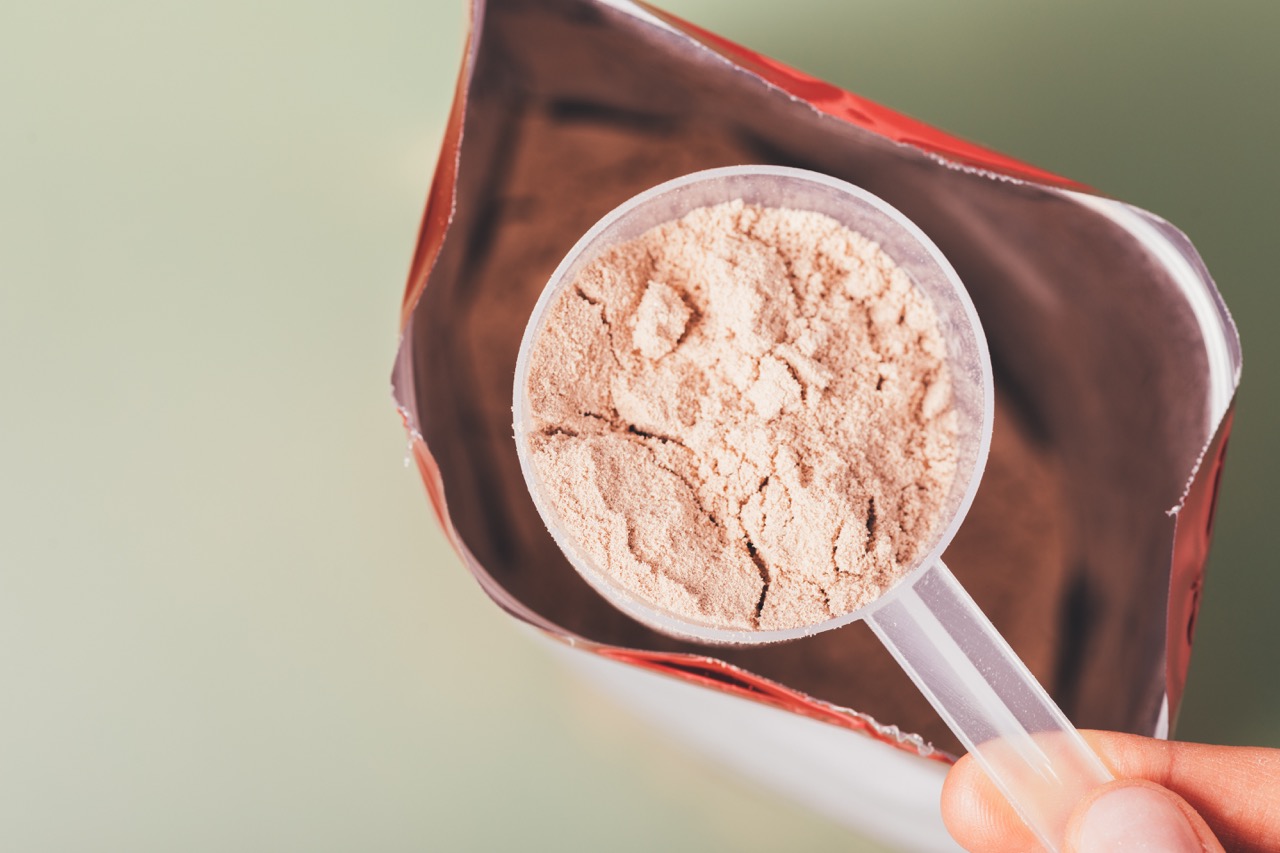
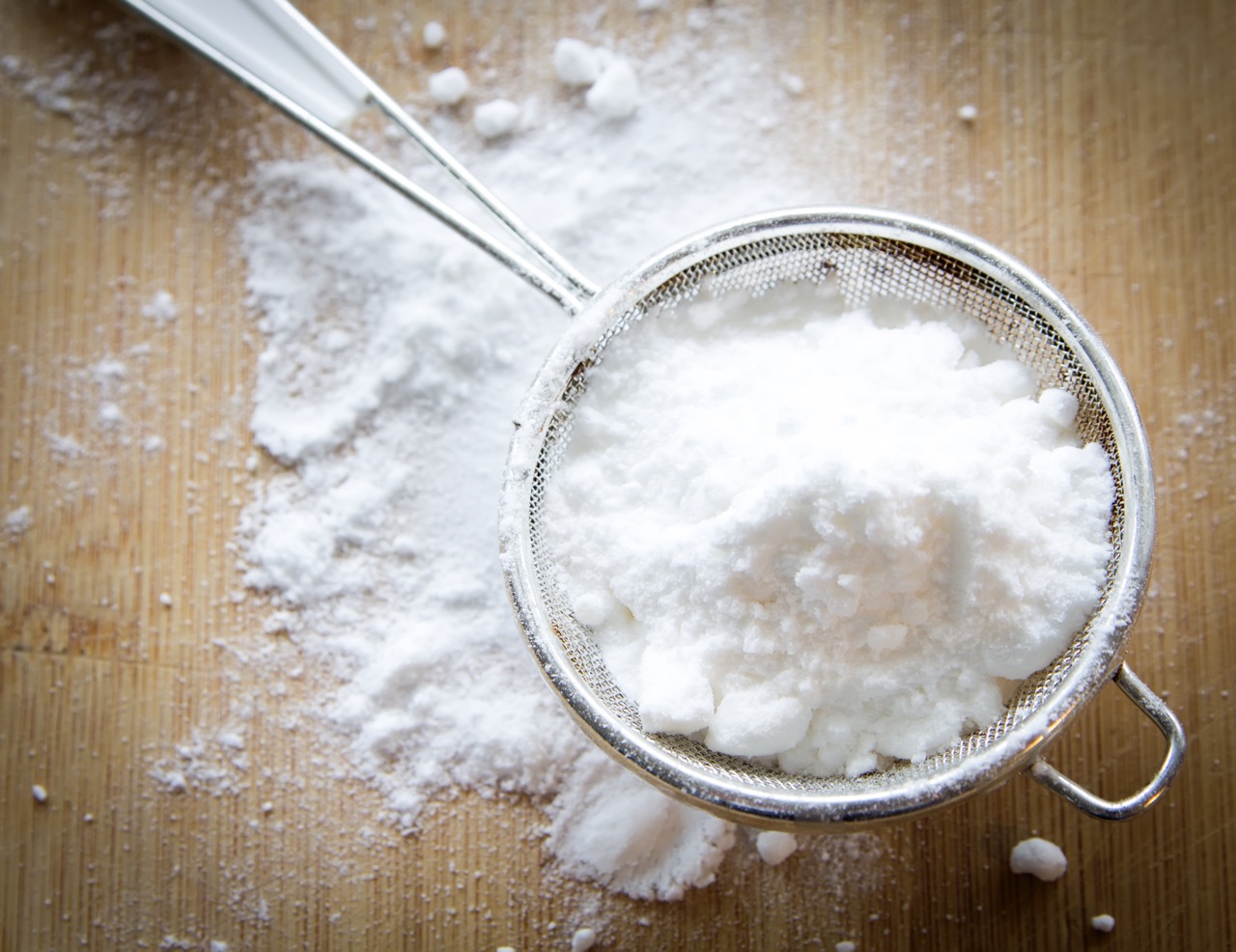
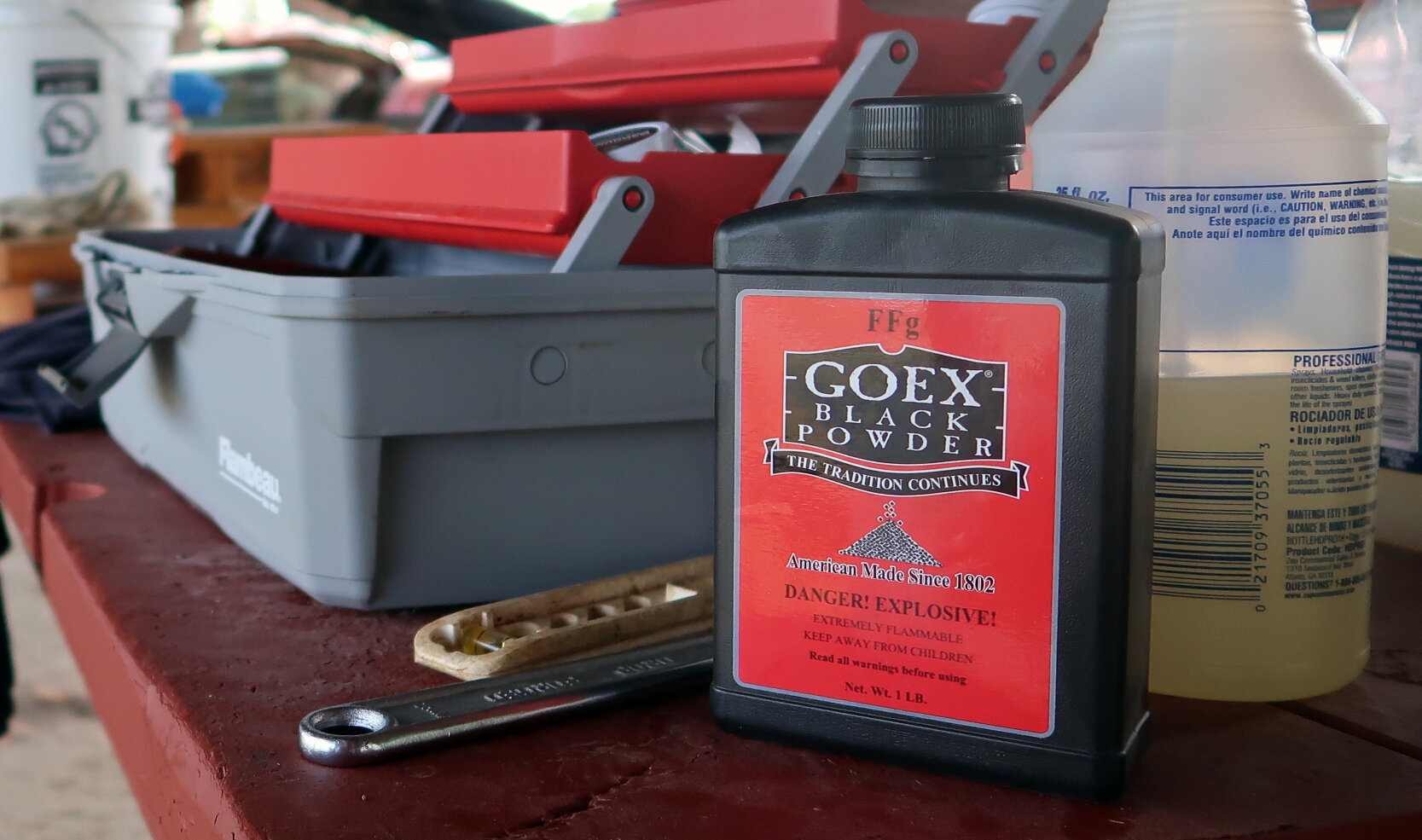
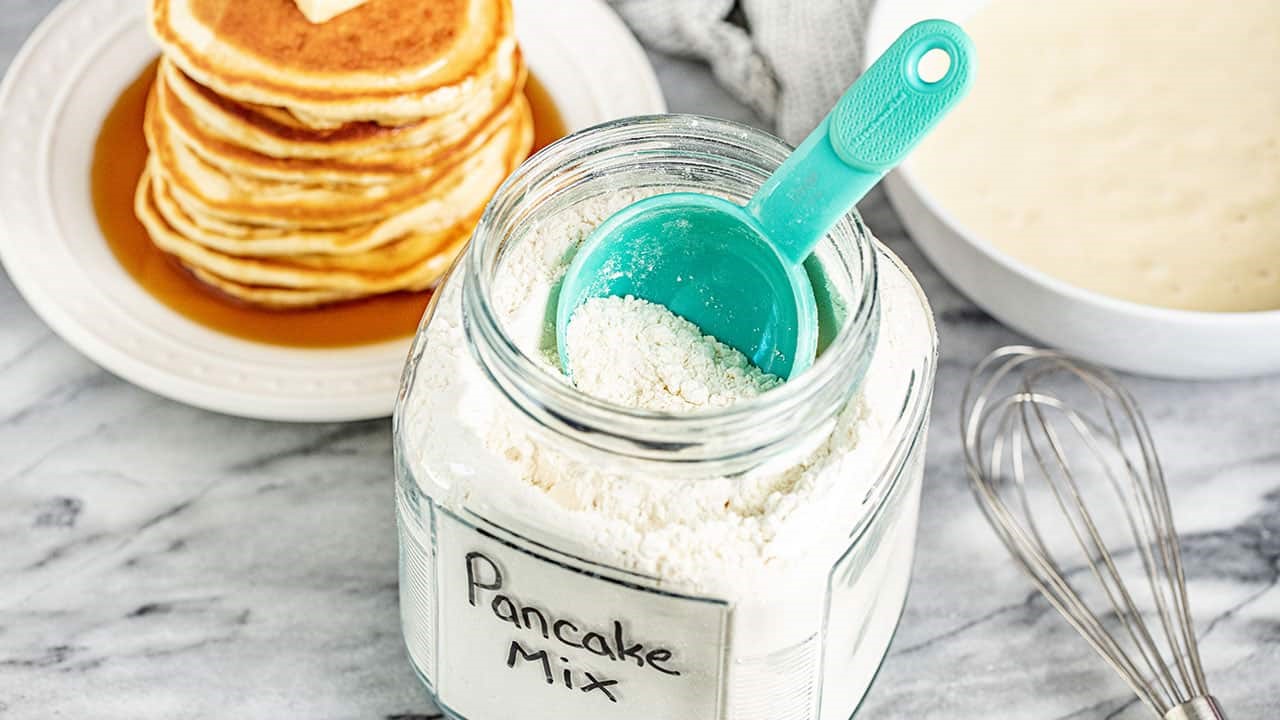
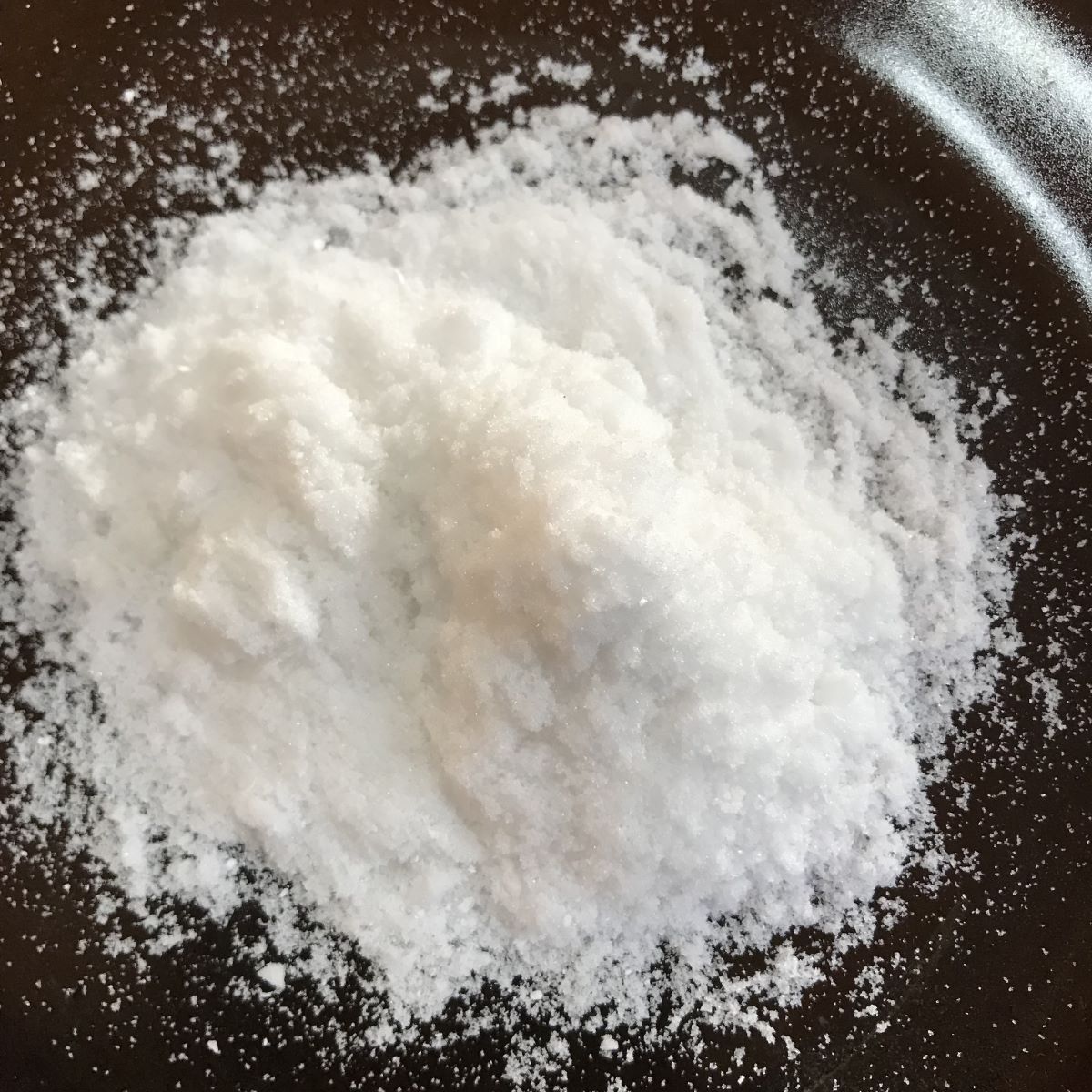
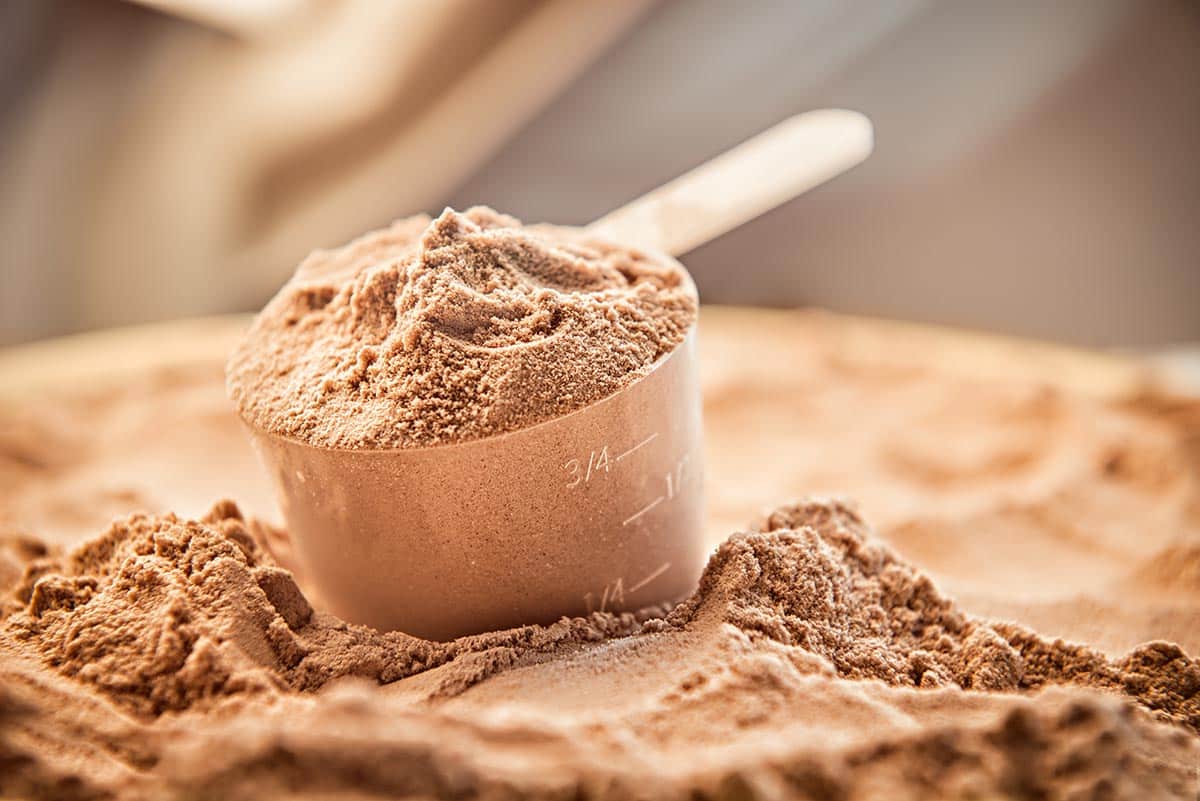
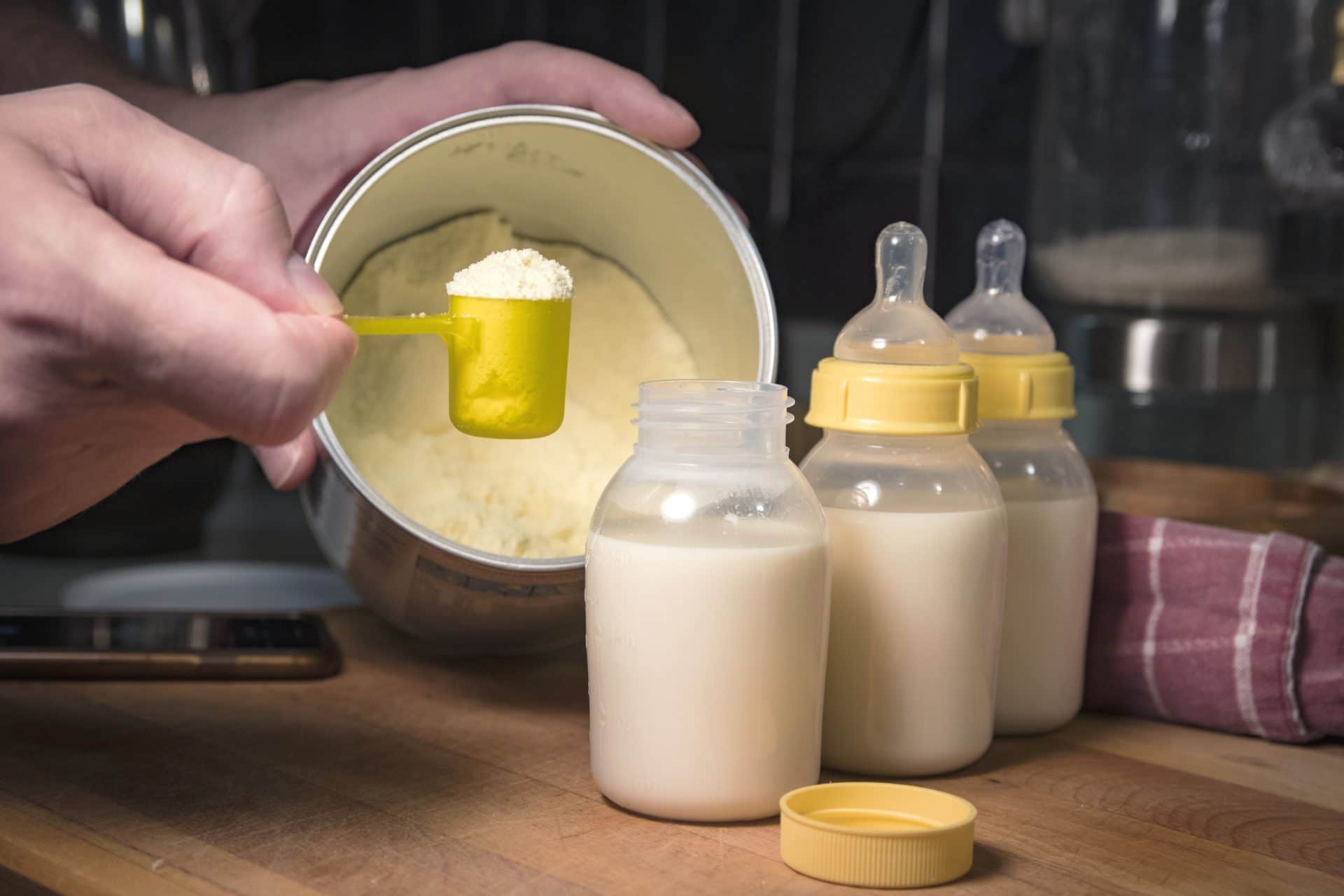
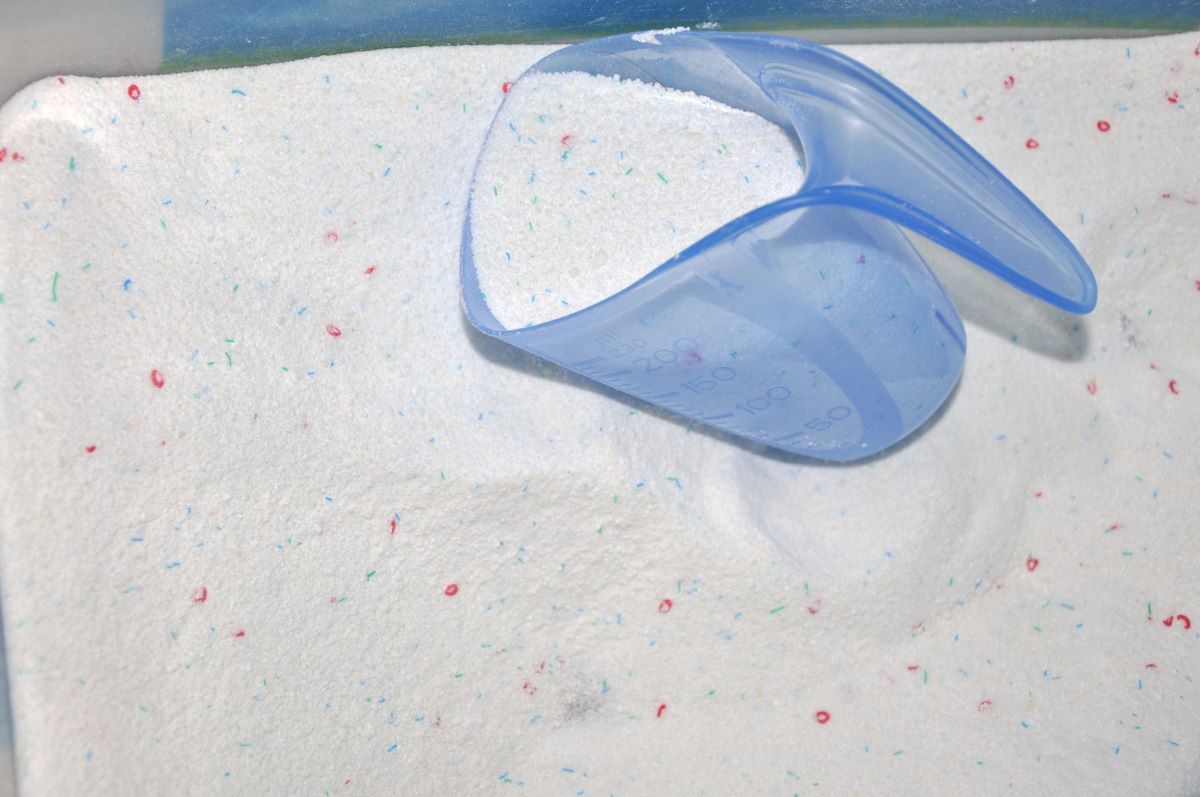
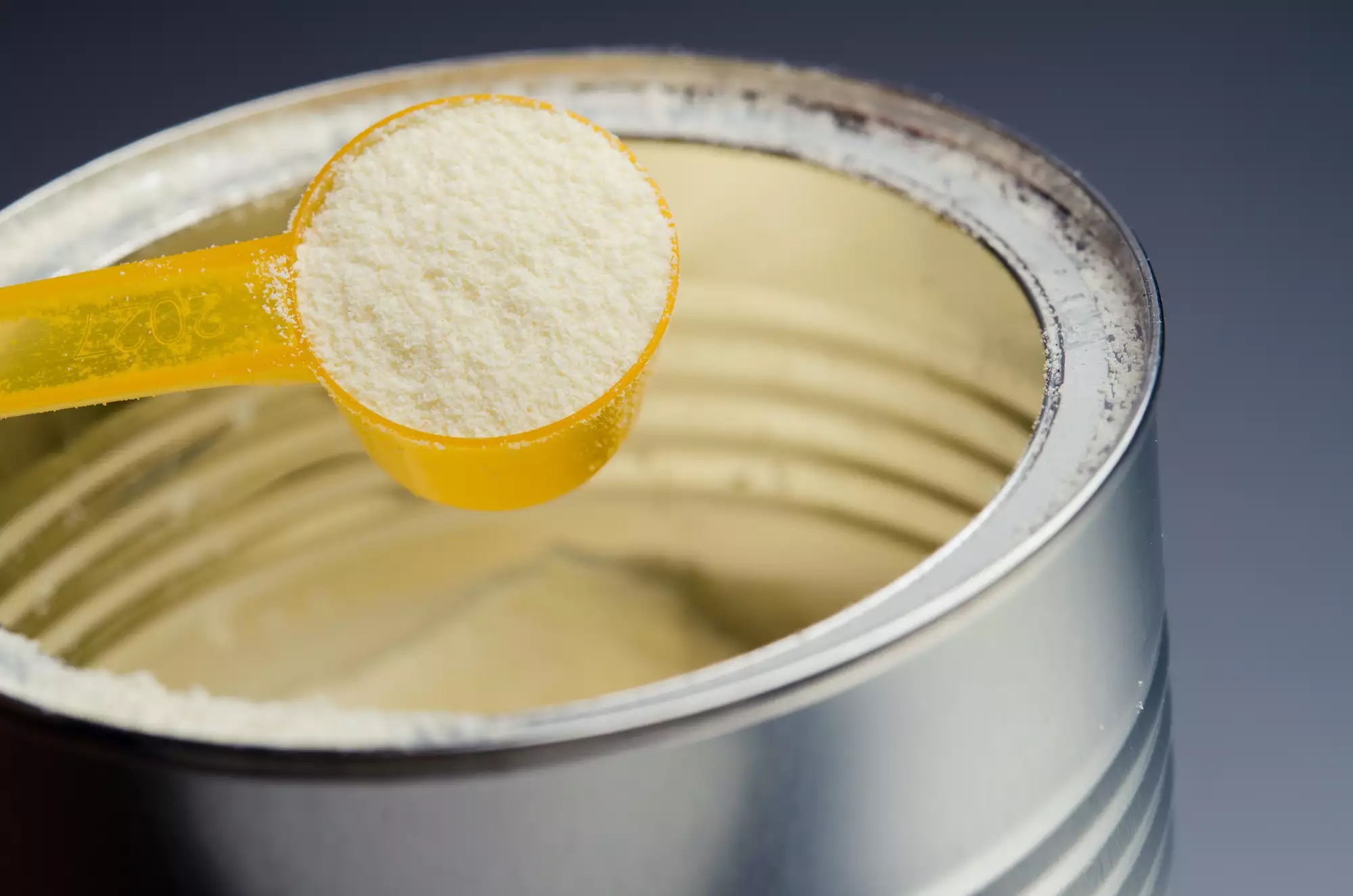
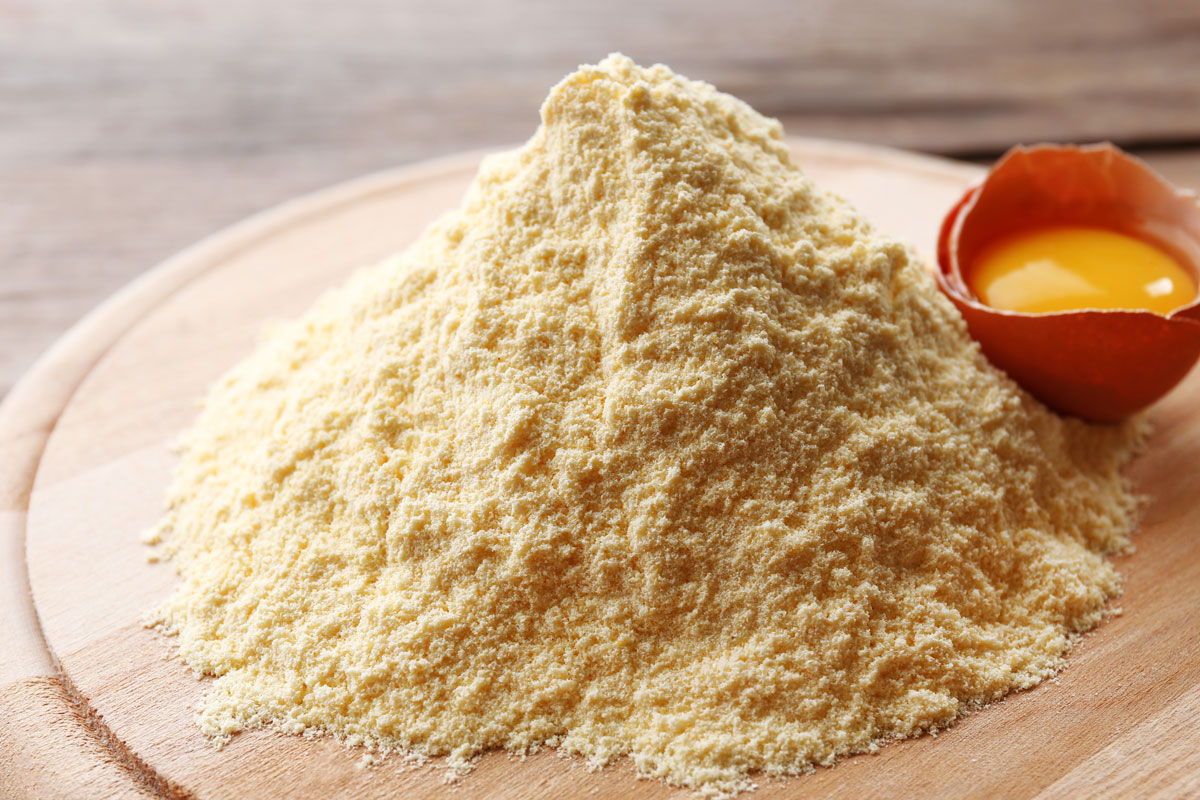
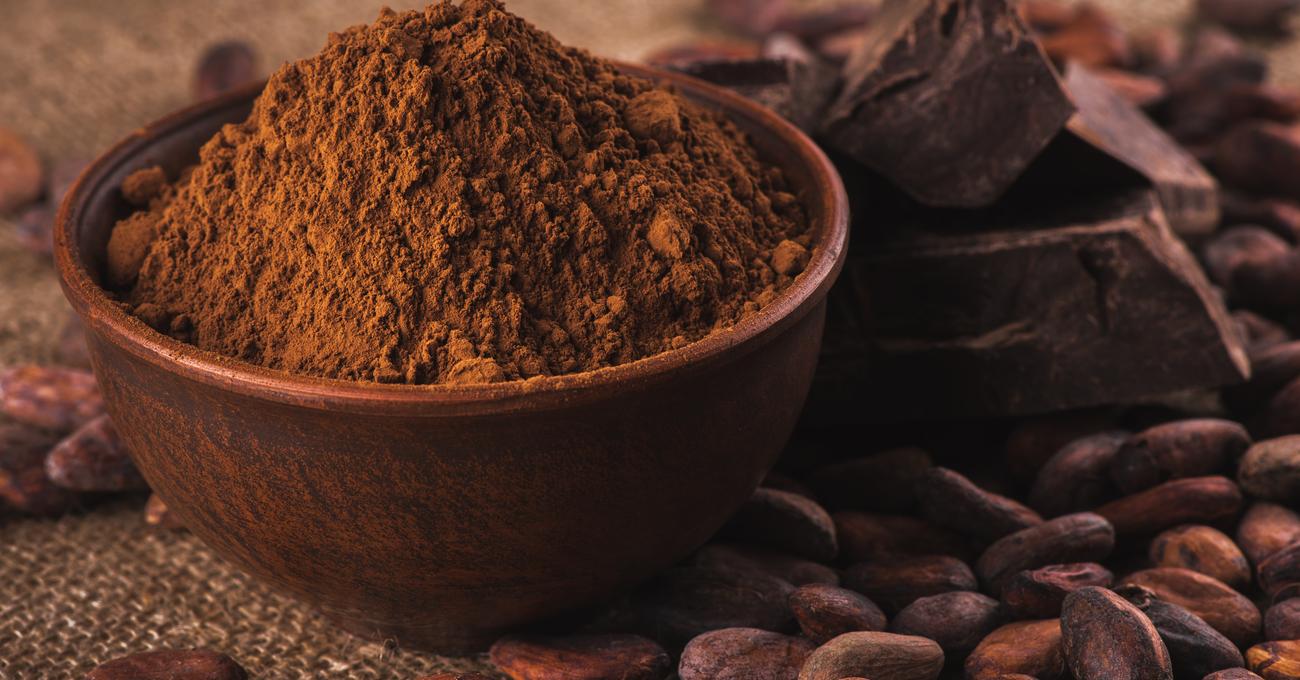
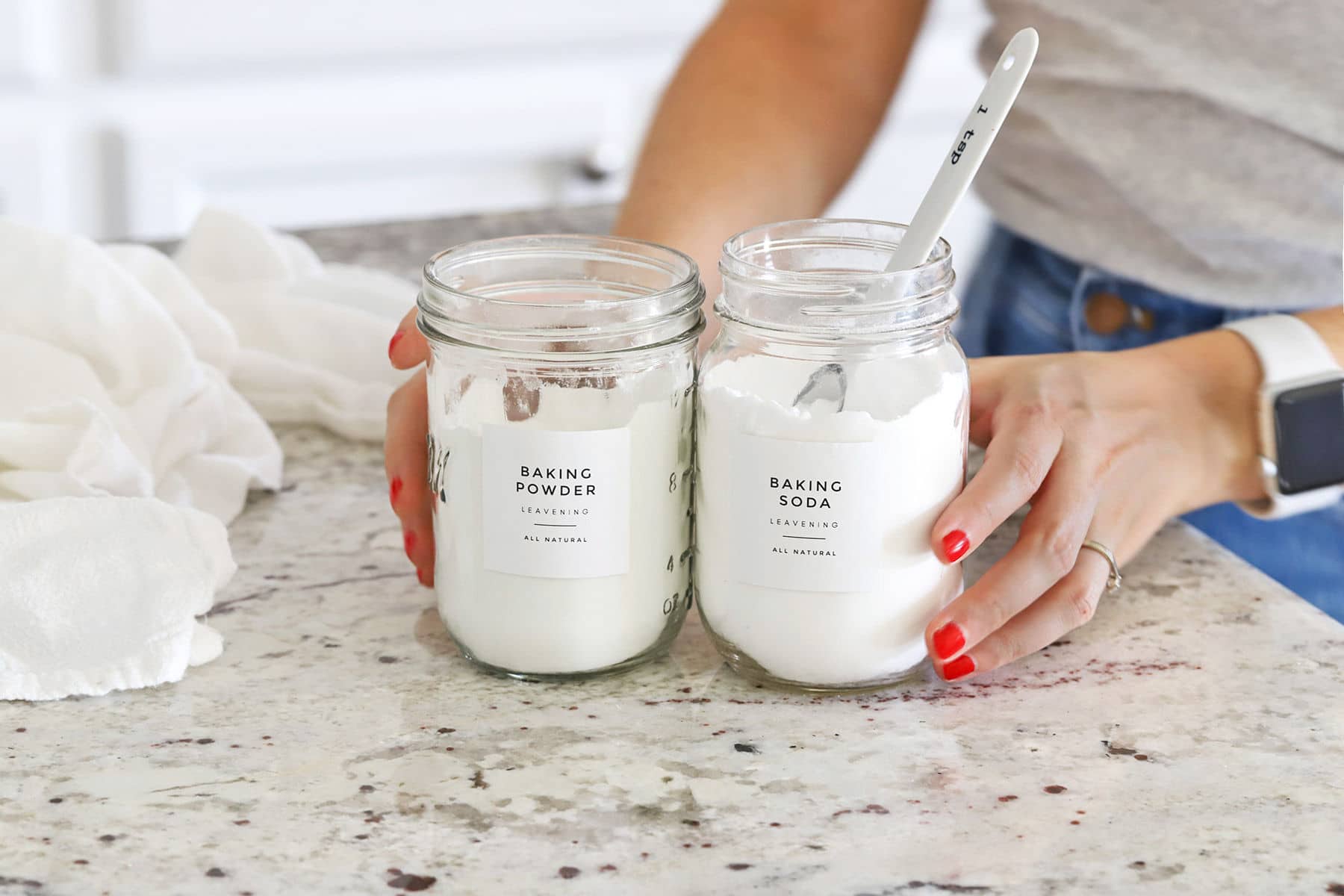

0 thoughts on “How To Store Collagen Powder”